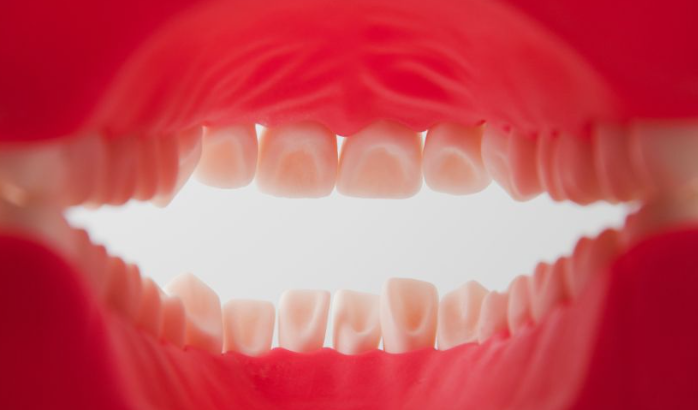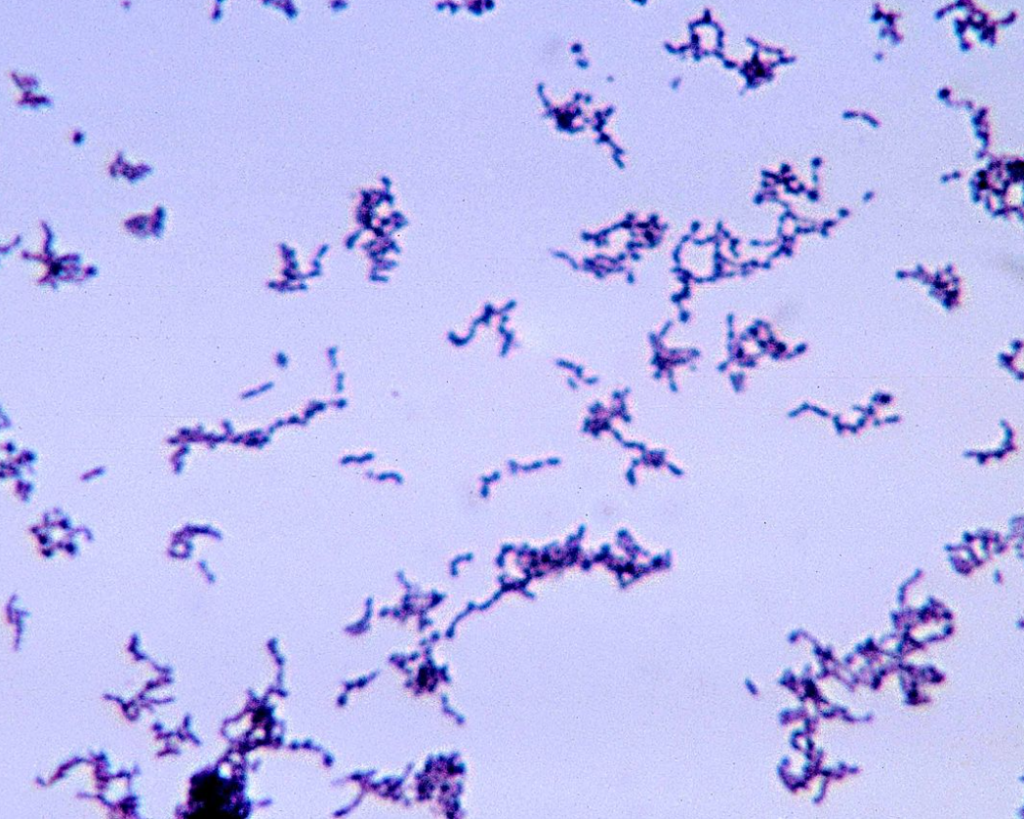Antibodies in your teeth, a trip back in time

Greetings to all science and curiosity buffs! Today we’re going to talk about something that sounds more like a science fiction movie than real life: teeth that act as time capsules for antibodies! Imagine for a moment: a mad scientist searching for answers in medieval human teeth, as if they were old diaries kept in an attic. It turns out that these teeth, which have seen more than any modern toothbrush, could contain a treasure trove of information about past illnesses.
First, let’s clarify what antibodies are; They are like the guardians of the immune system, soldiers who constantly patrol the body in search of invading microorganisms, such as viruses and bacteria. Your main mission is to recognize these intruders and activate an alarm to get rid of them. Now comes the exciting twist: a team of scientists, led by Professor Robert Layfield and researcher Barry Shaw from the University of Nottingham, along with Professor Anisur Rahman and Dr Thomas McDonnell from University College London, ventured into the world of ancient teeth.


It turns out that antibodies extracted from medieval human teeth more than 800 years old were still in good shape. Yes, you read that correctly! These antibodies proved to be resistant over the centuries and could still identify harmful microorganisms. This discovery opens a fascinating door to what they call “paleoproteomics”, basically, it is like a time machine that allows us to observe how the responses of our immune system evolved throughout history and it does not stop at the teeth, they also found evidence of antibodies in mammoth bones from almost 40,000 years ago. Unbelievable!
So, in short, our teeth may hold secrets to past diseases, like detectives from the past holding clues for scientists to discover. Who would have thought our teeth were so cool? The next time you smile, remember that your teeth may be hiding more than you think.




Responses